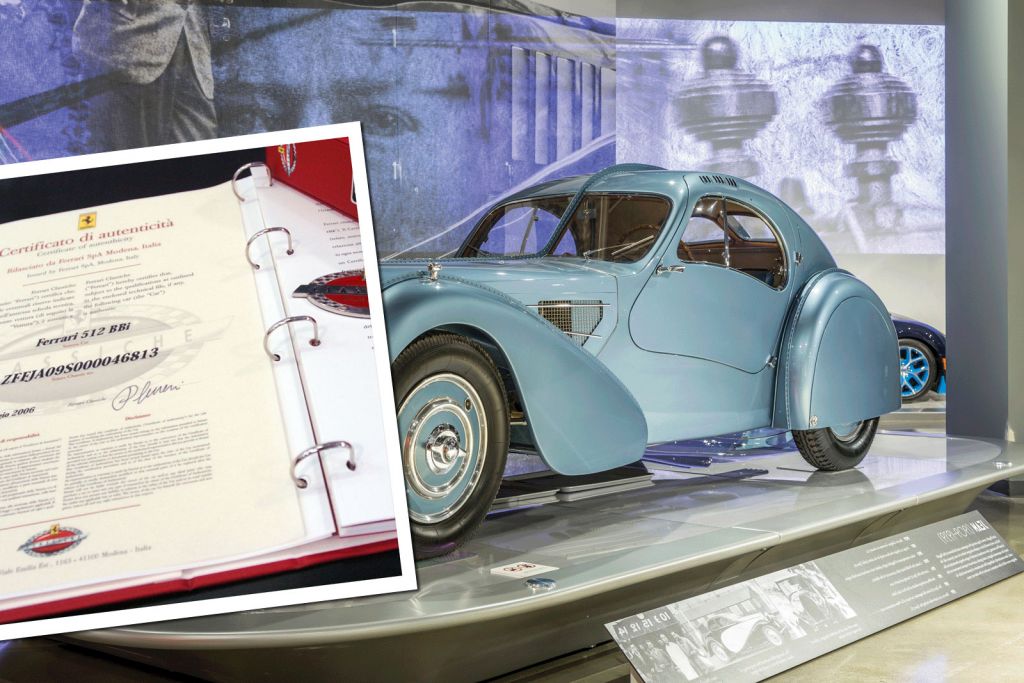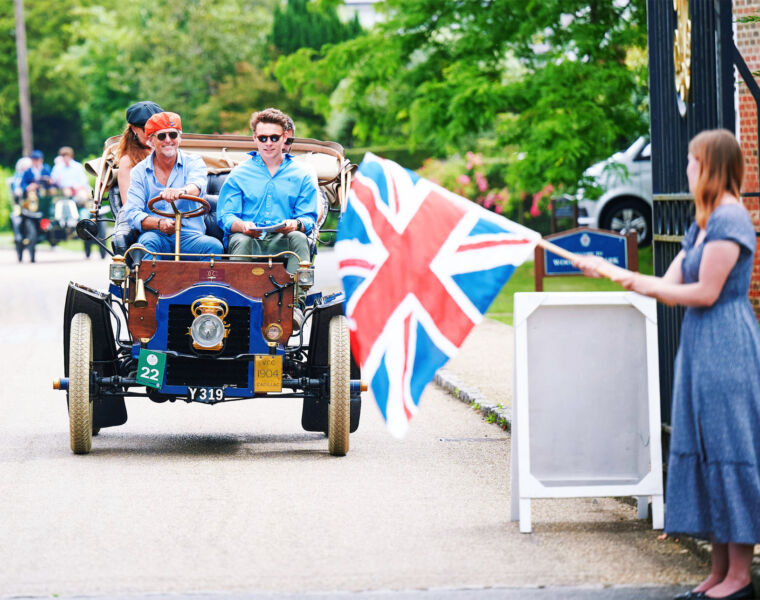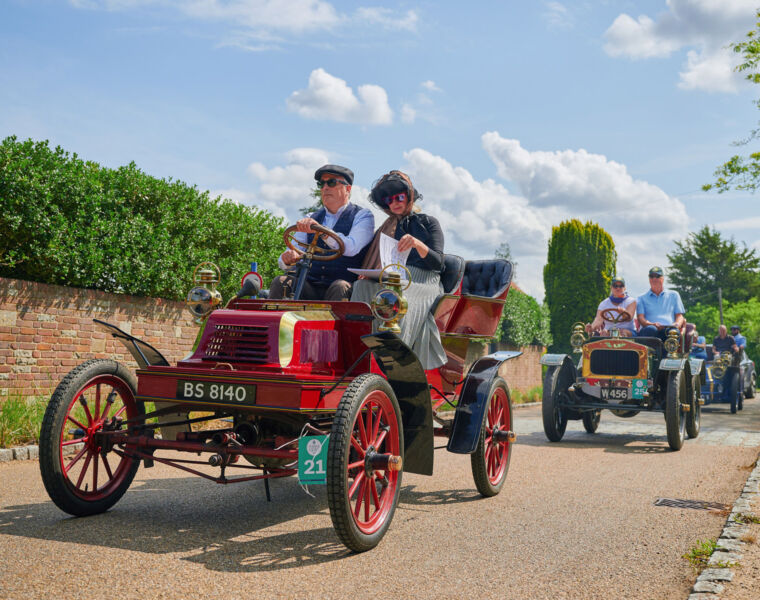
The question of what makes a car a classic can be challenging to answer. However, there are some general guidelines to help. Factors such as a car’s age, its desirability, or historical interest, are all considerations when defining a vehicle as a ‘classic’ and determining its value within the industry.
Despite the variety of definitions from car retailers, financers and insurance companies, to name a few, you’ll often find that what makes a car a ‘classic’ can come down to a matter of personal opinion.
There are, however, a few general factors a car enthusiast may consider when deciding whether a car meets classic status, and the Classic Car Finance Team at Cambridge & Counties Bank discuss a few below.
Age
For most people, cars that spring to mind when the word classic is mentioned were manufactured between the 1950s and 1970s. Though, in years to come, cars built in the ‘80s and ‘90s will be considered as having achieved classic status.
While HMRC would define a classic car as being over 15 years of age, in the UK, there is no official consensus on how old a car must be to be considered a classic.
In contrast, across the pond, the Antique Automobile Club of America defines cars as a classic when they reach over 25 years of age; anything over 50 is considered an antique.
Different organisations will have a variety of definitions of what deems a car a ‘classic’ ‘vintage’ or ‘antique’. Vintage cars are sometimes thought of as those that were manufactured between 1919 and 1930, as this was a time of real automotive change. However, as time moves along, we may start to consider cars of a later period as classics or even vintage.
Nostalgia and Historical Merit
 The history surrounding a vehicle can play a big part in determining whether it is deemed a classic.
The history surrounding a vehicle can play a big part in determining whether it is deemed a classic.
For many, a car which was popular at the time of their youth is something they may personally refer to as a classic, but a vehicle having nostalgic merit is not enough to consider it a classic for all.
It would be difficult to find a single car that didn’t evoke feelings of nostalgia for at least one individual. On the other hand, historical merit is something that is a little more tangible.
There are a variety of cars which are associated with a specific era or a particular time in history.
Whether it be through film and TV, associations with iconic individuals, featuring in specific motor races, or merely being an icon of its era due to its design or advancements. These cars would most likely be considered classics of their time.
Desirability
Desirability plays a significant role in the motor industry, not only when deciding whether a car is deemed a classic but also in determining the car’s overall value.
More desirable cars tend to be higher in price and typically in shorter supply, which makes them a hot commodity to those looking to invest in classic cars.
Desirability is part of a circle in the world of classic cars; rarity makes a car desirable, and desirability makes a car rare. Therefore, these cars, of which there are very few, are sought after by those in the industry.
These cars are often hard to come across and are commonly sold at auction, where it is almost guaranteed they will sell for a high price.
Rare finds are more common in the world of classic cars, which is why desirability can be considered such a big factor. With rare finds often requiring a quick turnaround when it comes to purchasing, it is important buyers are ready for purchase, which is where classic car financing can help in securing a dream car.
Overall, there is no definite answer for what makes a car a classic. A whole number of factors come into play to give a car its classic status.
A classic to one person may not be a classic to another, and the most important person to consult when deciding whether a car is deemed classic enough to purchase is yourself.
You can, however, obtain advice from car experts to ensure the vehicle you want to buy as a classic would indeed be worth the investment.
![]()




You must be logged in to post a comment.